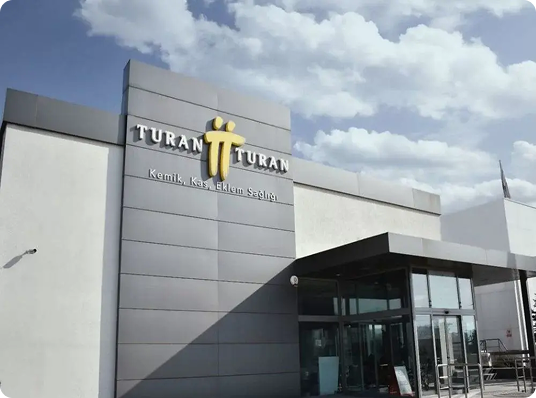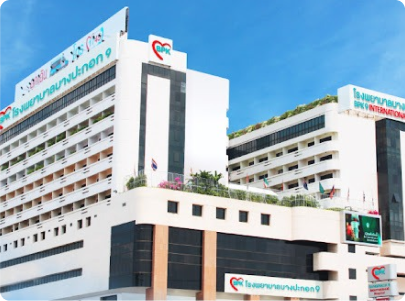Epilepsy
Epilepsy represents an innovative procedure aimed at enhancing diagnostic accuracy, delivering targeted therapy, or facilitating surgical precision depending on the patient's unique needs.
Get Expert Consultation
Speak with our medical travel experts to get personalized guidance for your procedure
✓ No commitment required • ✓ Expert guidance • ✓ Free consultation

Book Your Free Medical Consultation
Get expert advice—free and easy. Just fill out the form to start your health journey!
Key-Insights for
Epilepsy
Procedure Time
The procedure typically takes around 1-2 hours to complete.
Recovery Period
Most people can return to their normal activities within a few days, with some patients experiencing longer recovery times.
Expected Results
Improved seizure control, reduced frequency and severity of seizures, and increased quality of life
Ideal Candidates
Individuals with uncontrolled seizures despite medication, and those who experience frequent or severe seizures
Epilepsy
Epilepsy represents an innovative procedure aimed at enhancing diagnostic accuracy, delivering targeted therapy, or facilitating surgical precision depending on the patient's unique needs.

People seek these procedures for various reasons:
Aesthetic Enhancement
Take back control over your life
Corrective Purposes
Reduce the risk of injury or harm from seizures
Functional Restoration
Improve overall mental and physical well-being
Things to Check Before Treatment
- •Consult with your primary care physician and neurologist to confirm the diagnosis of epilepsy and discuss treatment options.
- •Inform your healthcare provider about any medications you are currently taking, including supplements, herbs, or over-the-counter drugs.
- •Understand the specific type of epilepsy you have (e.g., partial, generalized) and its potential impact on daily life.
- •Make sure you have a clear understanding of the surgical procedure, its benefits, and potential outcomes.
- •Research and discuss with your healthcare provider any concerns or questions you may have about the procedure.
Potential Risks
- •Infection at the surgical site
- •Reaction to anesthesia
- •Temporary memory loss (rare)
- •Uncommon complications like bleeding, inflammation, or swelling
- •Possible need for further surgery in the future
How to Choose the Right Country, Clinic, and Surgeon
Do's
Verify surgeon credentials (e.g. ISAPS, JPRAS)
Ask for before-after photos
Check language barriers
Review aftercare and follow-up options
Consider local laws on medical malpractice
Don'ts
Don't Choose a Clinic Based Only on Price
Don't Rely Solely on Social Media or Influencers
Don't Ignore Language Barriers
Don't Rush Into Surgery Without Research
Don't Assume You Can Fly Back Immediately
CureMeAbroad Services Are Absolutely Free.
You pay same rates for treatments as in the hospital's original price list.
CureMeAbroad Services Are Absolutely Free.
You pay same rates for treatments as in the hospital's original price list.


Book Your Free Medical Consultation
Get expert advice—free and easy. Just fill out the form to start your health journey!
Epilepsy
Frequently Asked Questions
This procedure involves specific medical techniques tailored to address particular health conditions. Your doctor will explain the detailed process based on your case.

Help Me Plan My Treatment Abroad
End to End Treatment Planning Specifically curated as per your need. Just a Call away


Help Me Plan My Treatment Abroad
End to End Treatment Planning Specifically curated as per your need. Just a Call away


Book Your Free Medical Consultation
Get expert advice—free and easy. Just fill out the form to start your health journey!



